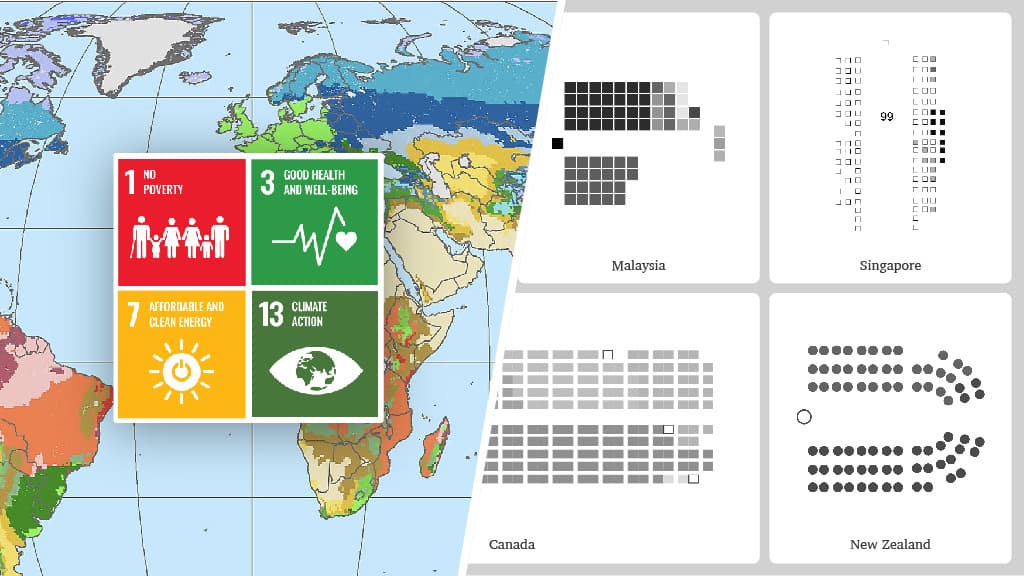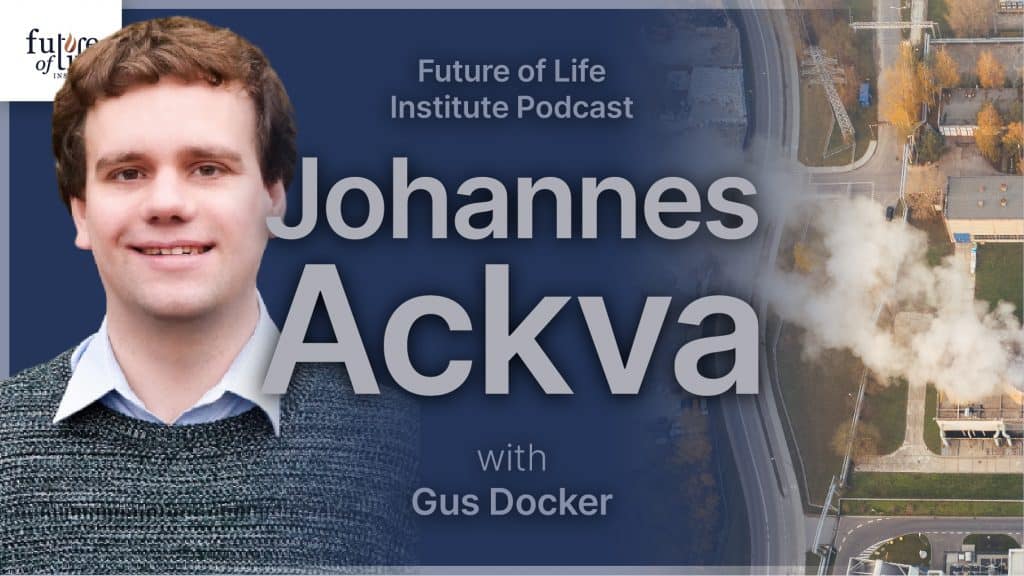Were the Paris Climate Talks a Success?

Contents
An interview with Seth Baum, Executive Director of the Global Catastrophic Risk Institute:
Can the Paris Climate Agreement Succeed Where Other Agreements Have Failed?
On Friday, December 18, I talked with Seth Baum, the Executive Director of the Global Catastrophic Risk Institute, about the realistic impact of the Paris Climate Agreement.
The Paris Climate talks ended December 12th, and there’s been a lot of fanfare in the media about how successful these were because 195 countries came together with an agreement. That so many leaders of so many countries could come together on the issue of climate change is a huge success.
As Baum said after the interview, “The Paris Agreement is a good example of the international community, as a whole, coming together to take action that makes the world a safe place. It’s pretty amazing!”
But as amazing as global cooperation is, reading some of that agreement was less than inspiring. There was a lot of suggesting and urging and advising, but no demanding or requiring or committing.
The countries have all agreed to try not to let global temperatures increase beyond 2 degrees Celsius of pre industrial temperatures, and they’re aiming for 1.5 degrees Celsius as the maximum. This is a nice, lofty goal, but is it possible?
The agreement calls for countries to basically check in every five years, but with the rate at which the temperatures are increasing and climate change is affecting us, is this going to be sufficient to accomplish much? This meeting was called the COP21 because this group has now convened every year for the last 21 years. Why should we expect this agreement to produce greater results than what we’ve seen in the past?
As Baum explains, this agreement is “probably about as good as we’re going to get.” It focused on goals that each of the leaders can try to reach using whatever means is best suited for their respective countries. However, there is no penalty if the countries don’t comply. According to Baum, one of the major reasons the agreement is so vague is that the American Senate is unlikely to get the 67 votes necessary to ratify an official treaty on climate change.
Baum also points out that “the difference between 1.9 degrees and 2.1 is pretty trivial.” The goal is to aim for limiting the increase of global temperatures, and whatever improvements can be made toward that objective can at least be considered small successes.
There’s also been some debate about whether climate change and terrorism might be connected, but we also considered another issue that doesn’t get brought up as often: if we reduce our dependency on fossil fuels, will that lead to further destabilization in the Middle East? Baum suspects the answer is yes.
Listen to the full interview for more insight into the Paris Climate Agreement, including how successful it might be under future leadership, as well as how climate change is no longer a catastrophic risk, but rather, a known cause of catastrophes.
About the Future of Life Institute
The Future of Life Institute (FLI) is a global non-profit with a team of 20+ full-time staff operating across the US and Europe. FLI has been working to steer the development of transformative technologies towards benefitting life and away from extreme large-scale risks since its founding in 2014. Find out more about our mission or explore our work.
Related content
Other posts about Climate & Environment, Recent News

Realising Aspirational Futures – New FLI Grants Opportunities


US Senate Hearing ‘Oversight of AI: Principles for Regulation’: Statement from the Future of Life Institute

